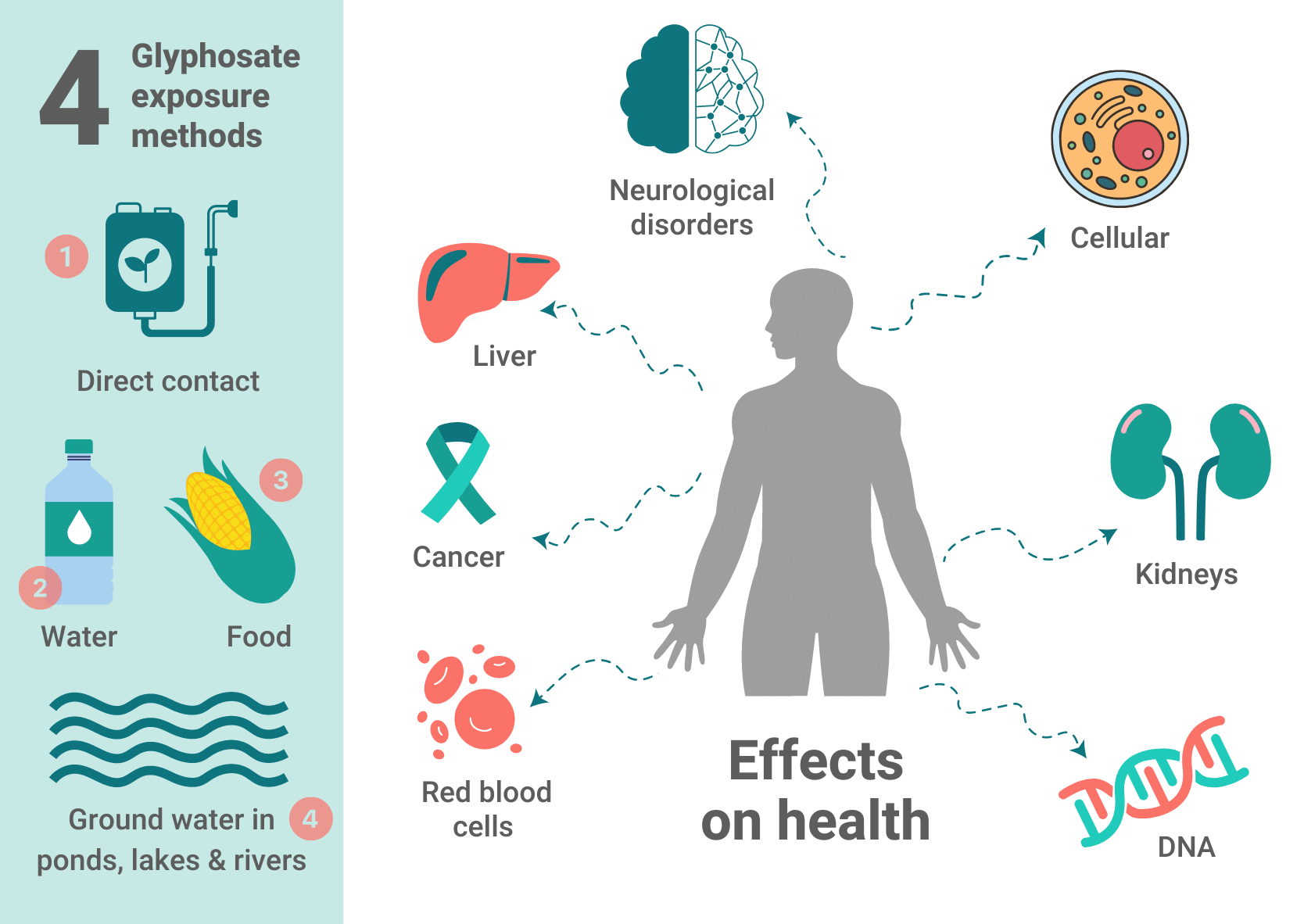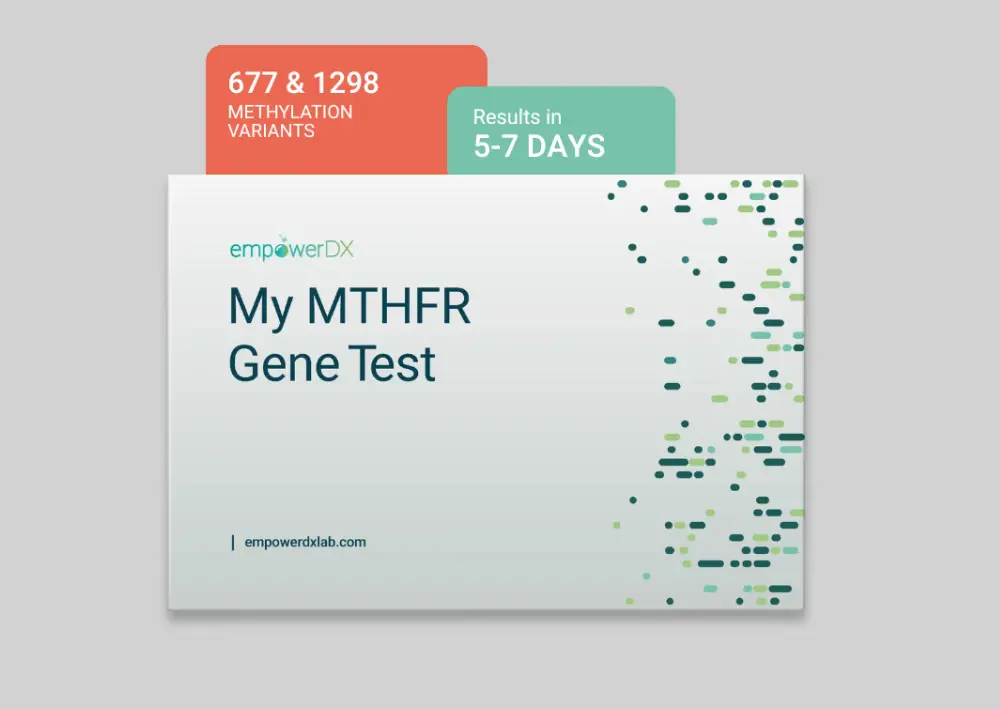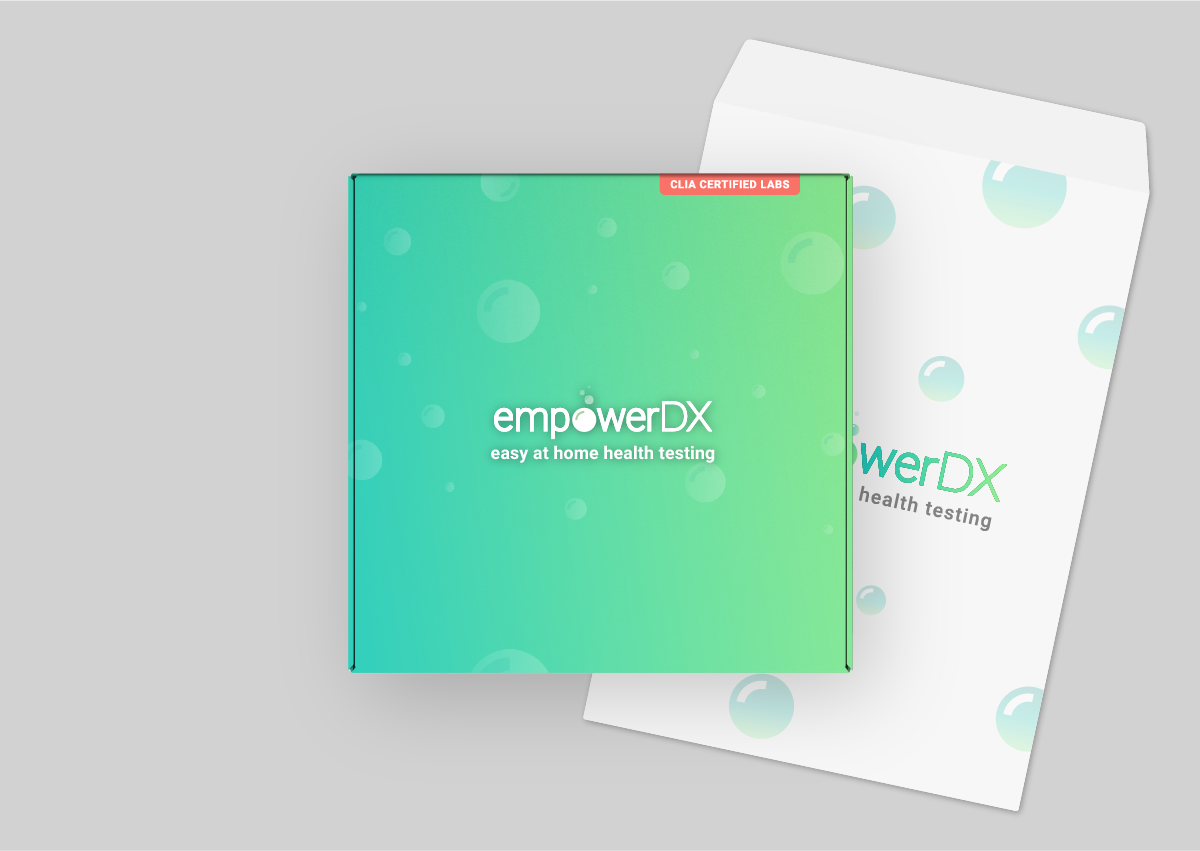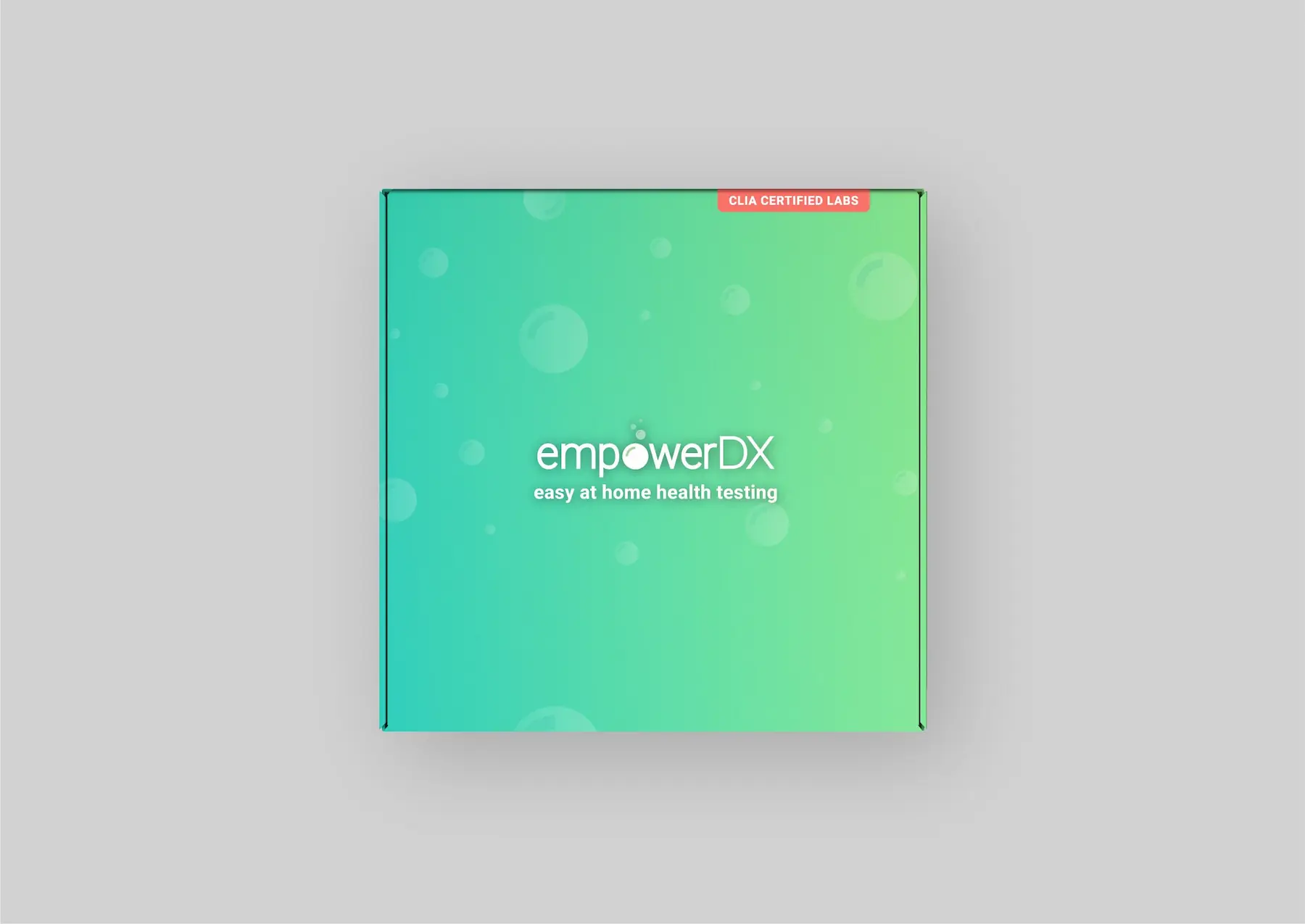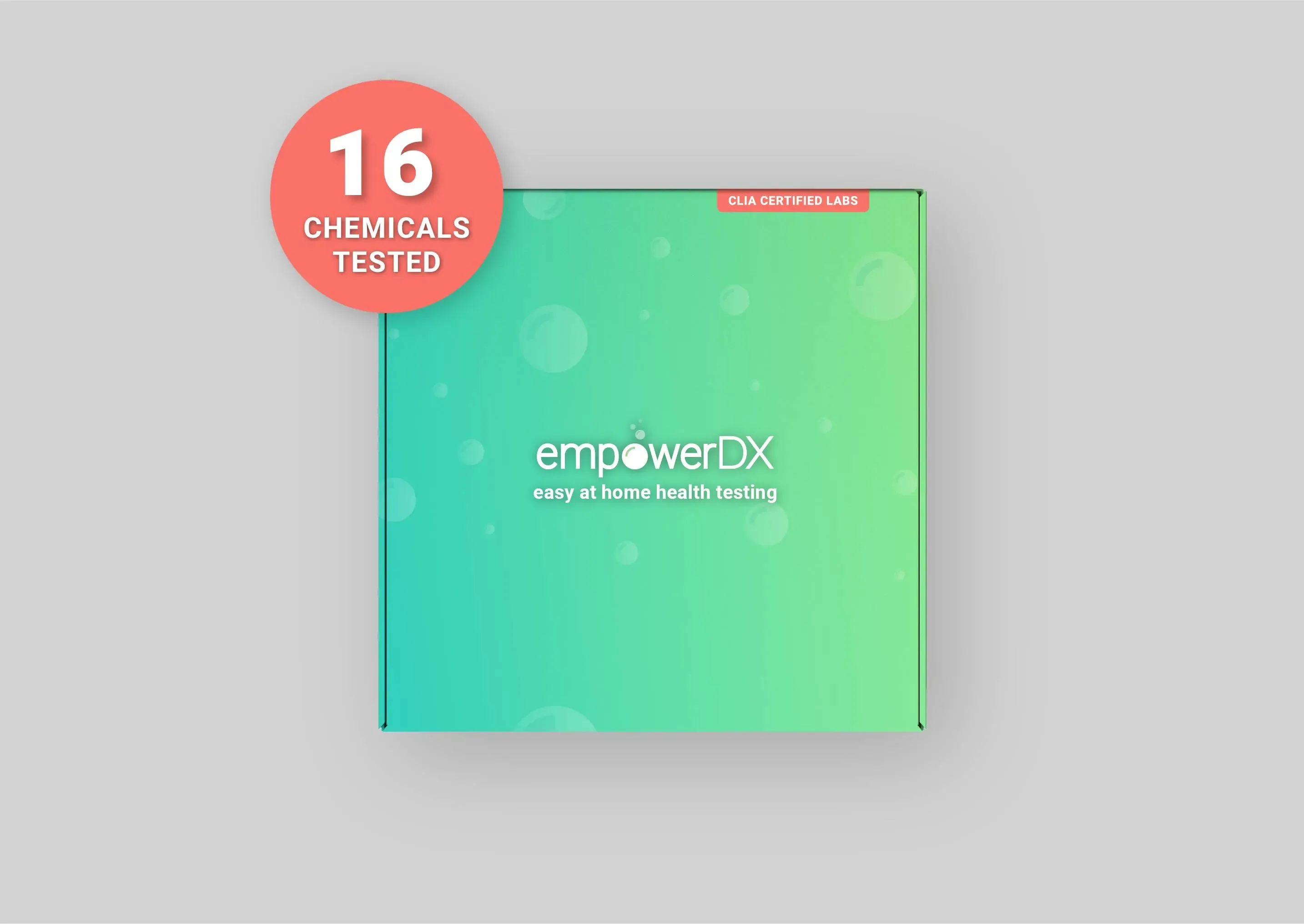Glyphosate is a commonly used herbicide or weedkiller in the United States. It's used to kill weeds, plants, and grasses. Glyphosate is applied in farming, forestry, lawns, gardens, and industrial areas. It was traditionally used to kill weeds prior to planting corn feed for livestock. However, recent uses of glyphosate have been to speed the harvest of genetically modified organisms (GMO) like wheat, oats, barley, beans, and others. It’s typically sprayed two weeks before harvest and can remain in the ground for up to 6 months depending on climate and soil type. The health impact of exposure to glyphosate remains a highly debated subject. The World Health Organization’s International Agency for Research on Cancer (IARC) ruled glyphosate a probable carcinogen in 2015. Many countries worldwide have put restrictions on the use of glyphosate, while some have even banned the chemical. Order this glyphosate home test today and get immediate answers about foods that could be putting your health at risk.
Glyphosate is a commonly used herbicide or weedkiller in the United States. It's used to kill weeds, plants, and grasses. Glyphosate is applied in farming, forestry, lawns, gardens, and industrial areas. It was traditionally used to kill weeds prior to planting corn feed for livestock. However, recent uses of glyphosate have been to speed the harvest of genetically modified organisms (GMO) like wheat, oats, barley, beans, and others. It’s typically sprayed two weeks before harvest and can remain in the ground for up to 6 months depending on climate and soil type. The health impact of exposure to glyphosate remains a highly debated subject. The World Health Organization’s International Agency for Research on Cancer (IARC) ruled glyphosate a probable carcinogen in 2015. Many countries worldwide have put restrictions on the use of glyphosate, while some have even banned the chemical. Order this glyphosate home test today and get immediate answers about foods that could be putting your health at risk.


